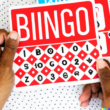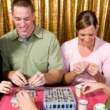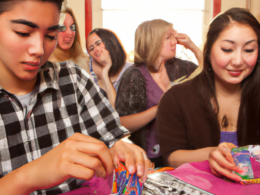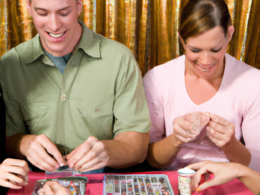The answer to this question is, unfortunately, yes. The game of bingo can be rigged in a number of ways, which means that players may be able to win more often than they should.
This is especially true if the bingo hall is run by a gaming commission or organization that is not particularly diligent in monitoring the games being played.
There are a number of ways that bingo games can be rigged. For example, some halls may place more emphasis on awarding bonus balls than on distributing regular balls. This means that players who are lucky enough to get bonus balls may have a much better chance of winning the game than players who don’t receive as many bonus balls.
Similarly, some bingo halls may use special marking devices or software to help players identify which numbers are likely to be drawn next. This information can then be used to help players make educated guesses about which numbers will be called.
In other cases, bingo halls may use hidden ball markers or other devices to help players manipulate the game in their favor. For example, a player might be able to mark balls before they are drawn so that they will always be returned to him or her when they are used in a game.
Alternatively, ball counting devices may be used to secretly track how many balls each player has played and determine their chances of winning.
All of these methods of rigging bingo games can lead to unfair outcomes for some players and should be avoided at all costs. If you suspect that your bingo game has been rigged, you should contact the hall administrators immediately so that they can investigate the situation and take appropriate action.







